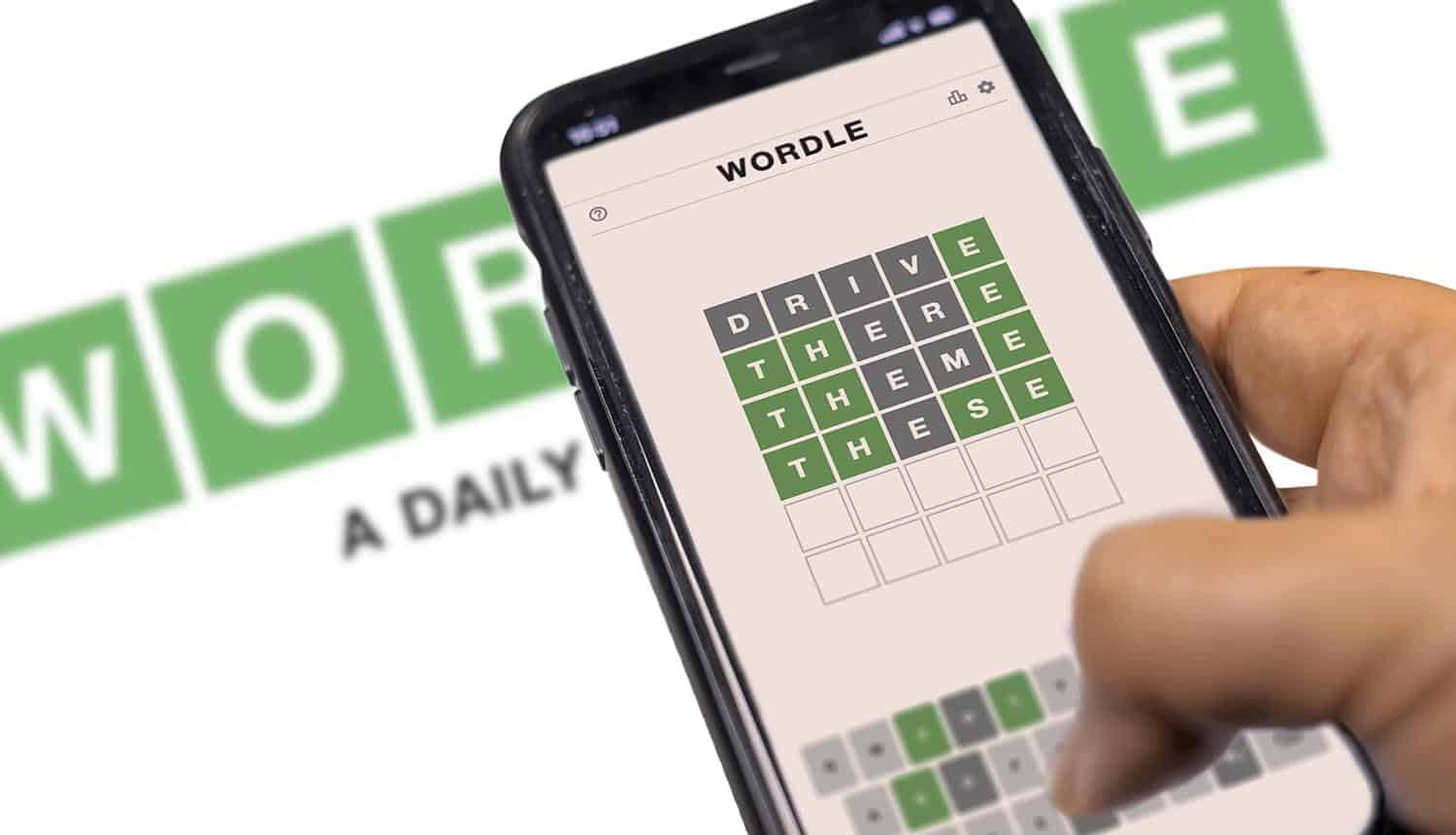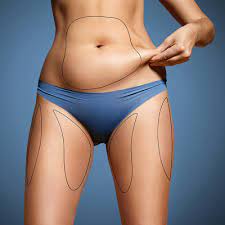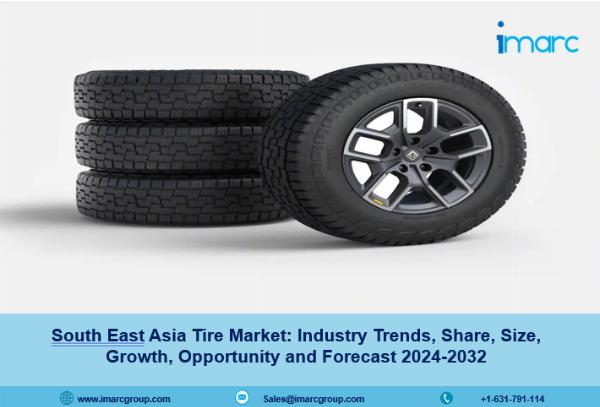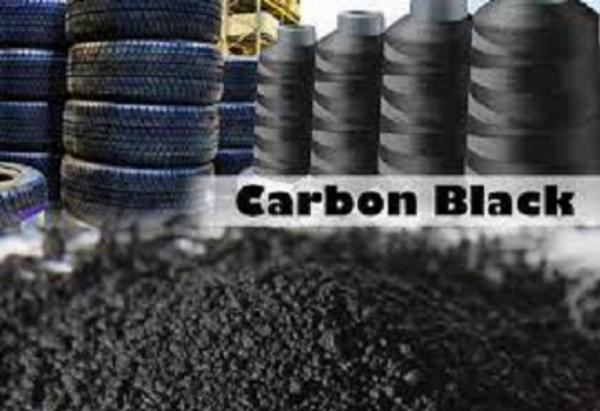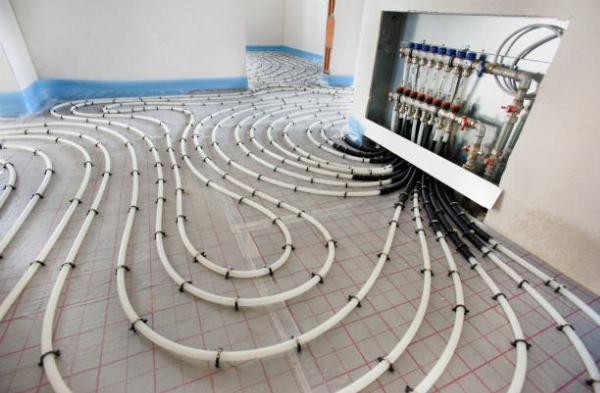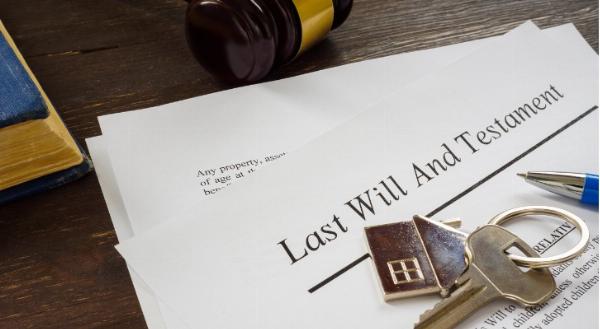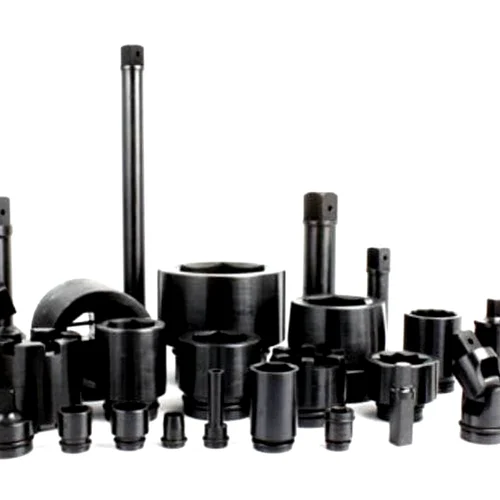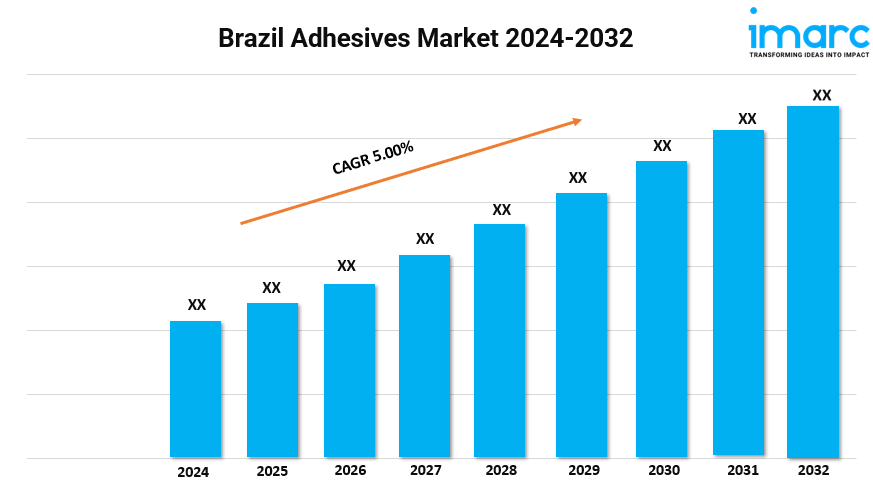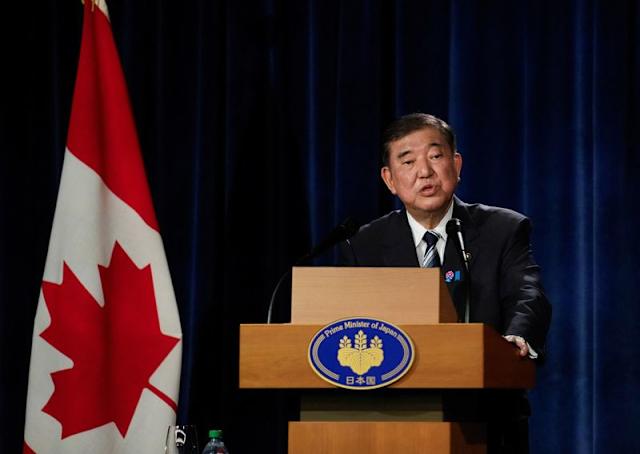
In a bid to persuade U.S. President Donald Trump to ease tariffs that threaten Japan's economy and political future, Japanese premier Shigeru Ishiba traveled to the G7 summit in Canada this week. However, his efforts were unsuccessful, highlighting the growing divide between the two allies as more levies are set to take effect.
Ishiba's visit to the summit was in the hope that a direct appeal might restart negotiations after Japanese negotiators struggled to secure relief on a 25% tariff imposed on imported cars. While Ishiba and Trump met briefly in the foothills of the Canadian Rockies, the encounter did little to alter the grim forecast for Japanese industry as it prepares for broader 24% levies due on July 9.
The lack of progress could undermine confidence in Ishiba's diplomacy just as he prepares to contest a potentially dicey upper house election next month that some political analysts say could result in his ouster. Ishiba told reporters on Tuesday before his departure from Canada that "despite our persistent efforts to find common ground through serious discussions, yesterday's meeting with President Trump confirmed that we still have discrepancies in our understanding."
Trump earlier told reporters aboard Air Force One that "there was a chance of a deal" but appeared in little mood to cede ground. He said, "Ultimately you have to understand we're just going to send a letter saying this is what you're going to pay otherwise you don't have to do business with us."
The most pressing issue for Japan has been the impact of Trump's tariffs on its auto sector, which employs nearly one in 10 of the country's workers and accounts for a fifth of exports. Japan's overall exports fell in May for the first time in eight months, piling pressure on its fragile economy, the world's fourth largest.
Toyota Motor Corp, Japan's leading car company, has already flagged that tariffs have likely sliced off 180 billion yen ($1.2 billion) from its profit in April and May alone. Honda has said it expects a 650 billion yen ($4.5 billion) hit to its earnings this year from tariffs in the U.S. and elsewhere, while Mazda Motor declined to issue a full-year profit forecast, citing uncertainty due to tariffs.
Publicly, Ishiba's government has said it aims to win total exemption from Trump's auto tariffs, but behind the scenes its negotiators had been trying to convince Washington to knock them down to around 10%. The template for such a deal was Trump's trade agreement with Britain, where he agreed to allow a quota of cars to be subject to a lower 10% levy. In exchange for relief on the autos sector, Tokyo had pledged to step up purchases of U.S. gas and other items to rebalance a trade deficit that has long irked Trump.
However, just days before Ishiba was due to arrive in Kananaskis, Canada for the G7 summit, it became clear to Japan's negotiators that Washington was unwilling to budge. Kenji Minemura, a senior researcher at the Canon Institute for Global Studies, suggested that Ishiba likely miscalculated by raising expectations of an agreement with Trump. He will now have to put a trade deal aside and focus on convincing Trump to extend the pause on the broader reciprocal levies, a senior lawmaker close to the premier said.
Japan's Ishiba faces a treacherous G7 appeal that holds in the balance not only his personal prestige but also Japan’es future course amid global politics.
Japans bid to influence the G7 summit through Ishiba's seemingly miscalculated appeal highlights a delicate balancing act between domestic political needs and international diplomacy, with implications that could reshape Japan’s course in global affairs.
Japan's policy future looms uncertain as Ishibashi crumble in his bid for influence within the G7 summit, highlighting a delicate balance that shapes its domestic political trajectory.
Japan's failed G7 appeal serves as a poignant reminder that the political future of Japan hangs delicately in balance, requiring delicate maneuvers between domestic politics and international relations while addressing its demographic decline amidst globalization challenges.
The recent failed G7 appeal by Ishiba underscores Japan's delicate political shifts, displaying a country with grand ambitions yet uncertain decision-making futurology that holds its global influence and domestic stability in the balance.
The failed G7 appeal by Ishiba underscores Japan's delicate political balancing act as its future hangs in the rivalry between economic pragmatism and nationalist sentiment.
Japan's political future hangs precariously in the balance, with Ishiba’s failed G7 appeal a harbinger of potential difficulties for its global influence and domestic stability.
Japans bid to influence the G7 summit's agenda hinges on Ishiba’sculation, who now embodies not just his party but also Japan‘ss political future in a precarious dispersion of interests.
The failed G7 appeal by Ishiba marks a critical turning point for Japan's political future, exposing the nation to uncertainty as it struggles between maintaining stability and pursuing much-needed reforms amidst foreign pressure.
Japan's Ishibashi Party is facing a pivotal moment in its political future, as the nation awaits results of their G7 summit appeal that could determine whether concrete progress can be achieved on addressing global challenges and restoring international trust."


